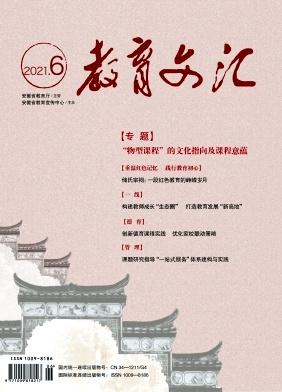Chapter 9 From Planning to Realization: Who Goes? Who Stops? What Matters?
引用次数: 1
Abstract
Abstract Indian higher education system is supposed to be the source of equal opportunities to all students irrespective of their life circumstances. Does it succeed in realizing this ideal? In fact, the system of higher education inadvertently plays a critical role in constructing and recreating the inequalities between groups. The prime victims of inequality are first-generation students, whose disadvantages are unseen, their voices ignored. In India, first-generation students are typically confronted with the dynamics of caste-based inequality in addition to their deficiency in cultural and social capital. In this context, the purpose of this study was to examine the difference between who goes and who stops for higher education across generational status. Field survey data of 930 senior secondary students was employed as the basis for analysis. Findings of this study highlight that the gap between realization and planning is more in first-generation students as compared to their counterparts. Results of logistic regression indicate location, category, family income, academic achievement, stream of education, and social and cultural capital are pertinent factors that influence educational attainment of first-generation students.第9章从计划到实现:谁去?谁停止?重要吗?
印度的高等教育体系应该是为所有学生提供平等机会的来源,而不管他们的生活环境如何。它成功地实现了这一理想吗?事实上,高等教育制度在不经意间对群体间不平等的建构和再创造起到了关键作用。不平等的主要受害者是第一代学生,他们的缺点被忽视,他们的声音被忽视。在印度,第一代学生除了缺乏文化和社会资本外,还面临着基于种姓的不平等现象。在此背景下,本研究的目的是研究不同年龄的人接受高等教育和停止接受高等教育之间的差异。采用930名高中生的实地调查数据作为分析基础。本研究结果强调,与同龄人相比,第一代学生在实现和计划之间的差距更大。logistic回归结果显示,地域、类别、家庭收入、学业成绩、教育流和社会文化资本是影响第一代学生学业成就的相关因素。
本文章由计算机程序翻译,如有差异,请以英文原文为准。
求助全文
约1分钟内获得全文
求助全文

 求助内容:
求助内容: 应助结果提醒方式:
应助结果提醒方式:


